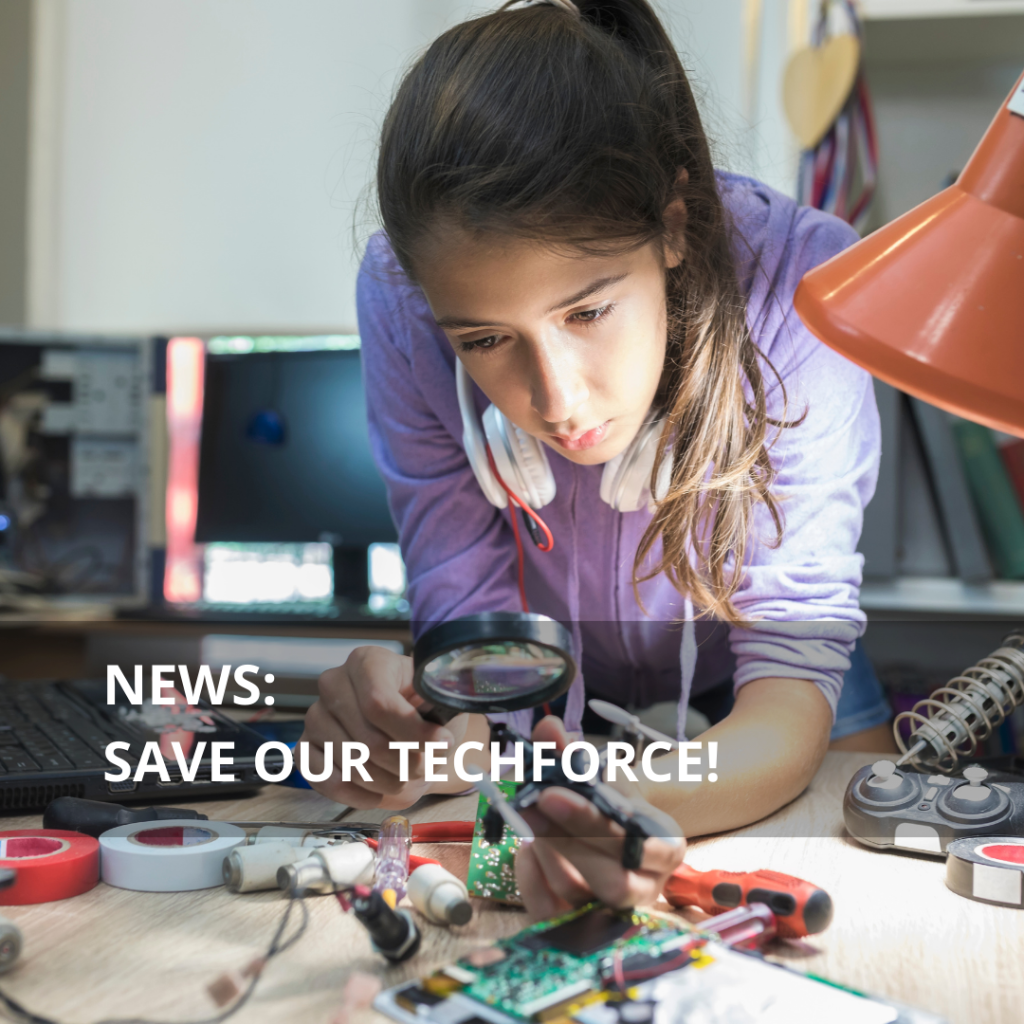The Future of Our Workforce – make sure to have your say!
As the government goes through with plans to disestablish Te Pūkenga, the Ministry of Education is asking for feedback from industry as to what exactly the environment around vocational education that will look like. The consultation document and the regulatory impact statement delve into these plans.
For our TechTuesdays Online session on August 20th, Dr Claire Robinson and Tim Croft from (Toi Mai Workforce Development Council) broke down exactly what this means for the industry. Here is the replay, if you missed it. The consultation documents can be hard to read so its vital we have these conversations so people are aware.
A bit of background to start….. six workforce development councils (WDC) were established in 2021 as part of ROVE (Reform of Vocational Education) and will continue to in charge of providing vocational training qualifications & advice to government agencies until their disestablishment in June, next year. The functions of Workforce Development Councils will then be transferred to NZQA but they will only be creating qualifications, they won’t talk to industry or provide advice to the government.
What will this mean for the Tech sector?
Vocational & workplace training for technology has been wholesale dropped in the two proposed options. Vocational education and training enable people, for which university isn’t an option, the opportunity to build and grow a meaningful career path that makes the most of their talents and skills and enables them to build new ones.

But, if you look at any of the supplied documents, the technology sector is nowhere to be found. Despite technology adding 20 billion dollars to the GDP per year and being the fastest growing sector in the country.
In the online interview we had, Claire explains how the proposed industry sectors are based on an old model and adds that if government decisions are made based on only who historically had apprenticeships, technology is no longer considered as warranting any form of industry training standard setting body.
“If you’re not there at the table, you’re going to miss out on support that the traditional industries like construction, agriculture and hair and beauty get.” – Dr Claire Robinson
This includes government support, incentives and subsidies for training and apprenticeships. Without this parents will drive their kids only towards visible jobs. We need more access and pathways into tech enabled and tech focussed careers, not less. There isn’t yet equitable access to the subject of technology, but restricting pathways to university only is very short sighted. We also don’t have equitable access to devices for learning in general. If kids aren’t exposed to technology, they won’t see it as a career path.
When the job market is hot we have heard repeatedly that we need faster ways to train and get talent into the market, yet this proposal is basically blind to reality of the fact that technology underpins every industry and is now an essential skill in almost every facet of life and business.
Technology is an option for tertiary education study. But what about the kids that don’t have the privilege of university? They won’t see technology as a career path. The tech sector has a wide variety of jobs available and some of these are well suited to vocational training and apprenticeship schemes.

What can we do about it?
It’s time to stand-up for the future of our workforce. We have until September 12th to make a submission to the Ministry of Education(MOE) and tell them of the impact this reform will have on the 2nd biggest industry in our wonderful country.
MOE have laid out two options in the consultation document..
Option A: Go back to the old industry training organisations where Tech is not included in at all – basically going back to the 1950s.
Option B: Replace the WDC’s with industry-specific standards-setting bodies and turn work based learning into industry-aligned units. This will have no meachism for collecting industry needs which obviously in a fast changing industry like ours, just doesn’t work.

We say though neither option is ideal…
We are left wondering why fix what isn’t broken – the Current ToiMai Work Development council provides high quality research, engages with us and industry regularly and provides evidence based advice on which to base curse development.
Option A: Technology is not included at all. Option A would be the lease bad of both options but ONLY if the government were to create a new industry training organisation (ITO’S) for technology. ITO’s could work well as they set industry standards, deliver training, communicate with industry so our voices are heard and translated into outcomes,they do research to find out what’s needed and make recommendations to the Tertiary Education Commission that are likely to be listened to.
We understand this would be expensive and take time to organise, we see it as an investment in Aotearoa’s second biggest industry and our countries economic prosperity, so it’s something the government should find value to get behind so we would prefer not to spend the money to break what is already workign really well.
Option B: Industry training board (ITB’s) are will not provide any training just set standards and qualifications. They won’t talk to the industry about what’s needed and the tertiary education commission has no requirement to follow any advice. If we went with this option, we still need a body that represents the voice for the industry.
We’ll be asking for a Technology specific ITO – this allows pathways for people who don’t have university of their radar but would all the same would have great apititude for a range of technology jobs. Another way to make sure technology has diverse pathways to encourage people from diverse backgrounds into the technology sector.
We encourage you to make a submission below.
For more information…
Read the consultation document -and make a submission
Tertiary Education Commission – Guidance including access to live webinars and sessions on the consultation
Replay of TechTuesday session with Dr Claire Robinson and Tim Croft from Toi Mai WDC




